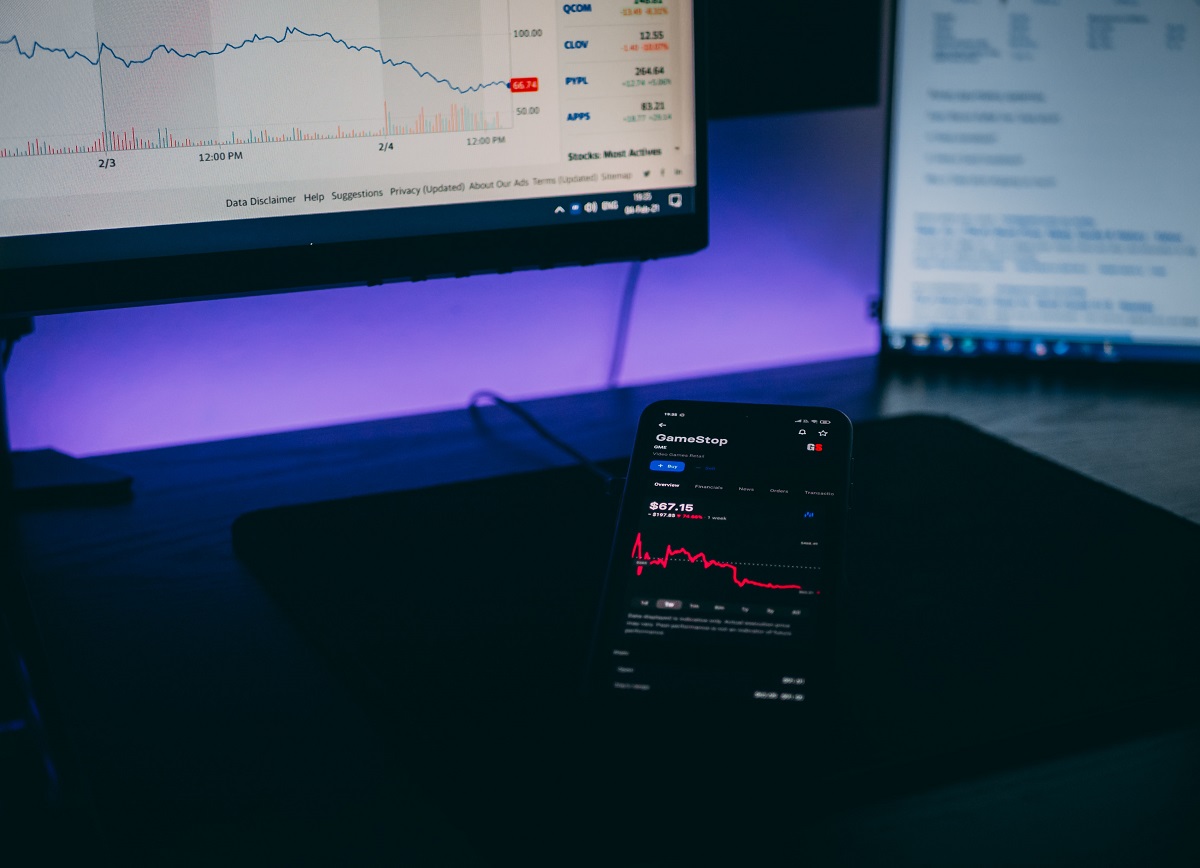Renewable energy stocks soared as oil prices were momentarily above $100, with Russia’s invasion of Ukraine bolstering the case for building renewable energy capacity, according to observers.
Light crude oil prices were up around 2% Thursday afternoon, just shy of $94 per barrel, after reaching $100 earlier in the day. Stocks fell generally, with the Morningstar U.S. Market Index down 0.9 percent, although renewable energy stocks rose.
Sunrun (RUN), a solar specialist, has increased by 14%. Sunnova Energy International (NOVA) is up 15.7 percent on Thursday, while Sunlight Financial (SUNL) is up 9 percent. NextEra Energy (NEE), the world’s largest wind and solar energy generator, was up 2.3 percent.
Meanwhile, the iShares Global Clean Energy ETF (ICLN) increased by 5.2 percent, while the First Trust NASDAQ Clean Edge Green Energy ETF (QCLN) increased by 3.2 percent.
Orsted (DNNGY), Vestas (VWDRY), Nordex (NRDXF), and Siemens Gamesa (GCTAY) have outperformed the market in European trade.
When investors shun risk, renewable plays often suffer. Furthermore, a rise in oil prices may entice investors to invest in fossil fuel industries. However, the invasion highlighted Europe’s own energy needs and overdependence on Russian gas.
“When other sources of energy are less assured, renewables will benefit since they are a cheap source of electricity,” says Joe Keefe, CEO of Pax World Funds, a line of fossil-fuel-free funds, for Morning Star. “They’ve gotten quite competitive in terms of pricing, and they’re terrific long-term investments.”
“If access to Russian gas is compromised,” says Keefe, “Germany and other European nations are driven much more to do something with renewables.”
“We’re not surprised there’s a bid for renewables,” says Shawn Kravetz, president of Esplanade Capital, a renewable energy investor. The invasion, on the other hand, emphasizes the significance of energy independence. In the United States, for example, a winter storm is bearing down on Texas, barely a year after a winter storm knocked out power to millions for days. As a result, solar and other renewable energies have become more lucrative.
“The invasion benefits renewables more than it hurts,” Kravetz argues.

